Publications
Articles, publications, books, tools and multimedia features from the U.S. Institute of Peace provide the latest news, analysis, research findings, practitioner guides and reports, all related to the conflict zones and issues that are at the center of the Institute’s work to prevent and reduce violent conflict.
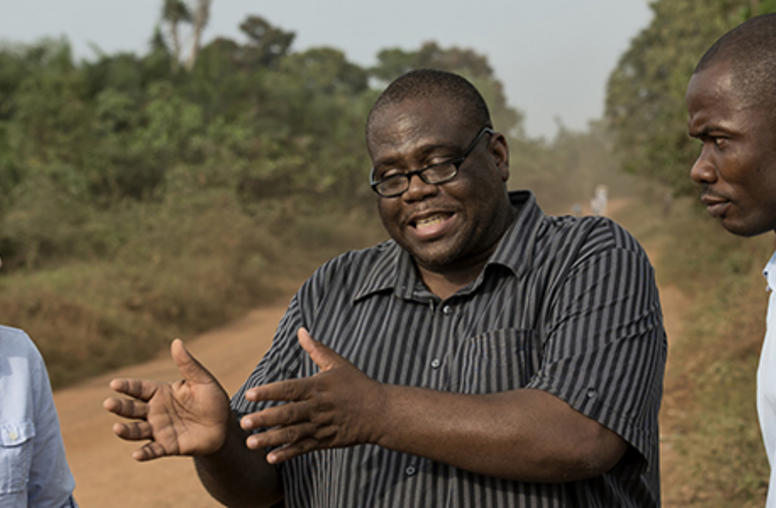
How to Cut Danger—And Accept Risk—in Civilian Missions
The U.S. State Department, searching for the balance between carrying out its missions overseas and minimizing the risk in high-threat environments, has rolled out an array of programs and policies to help diplomats and aid workers in high-threat environments, Deputy Secretary of State Heather Higginbottom said at the U.S. Institute of Peace. She spoke last week, before today’s release of a congressional report from a probe of the 2012 attacks in Benghazi, Libya, that killed four American civ...
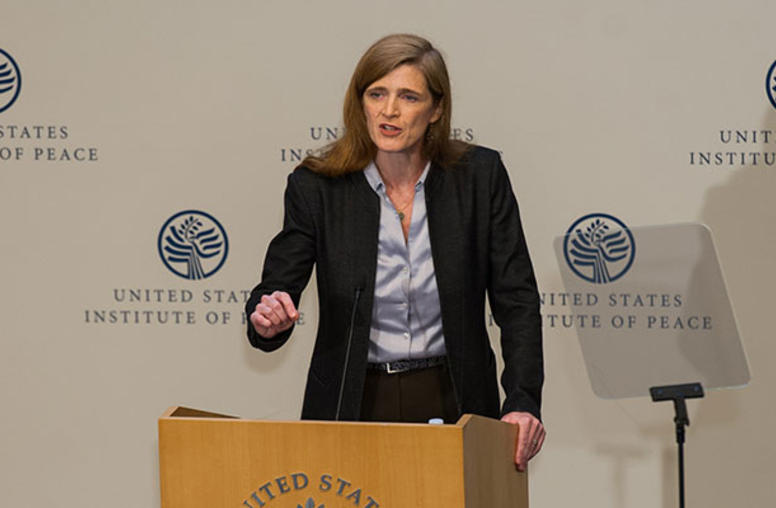
Refugee Crisis Threatens Global Stability, Power Says
United Nations Ambassador Samantha Power called on the international community—including the American public—to step up its response to the greatest refugee crisis since World War II, saying that failure to act may destabilize fragile states, strengthen organized crime and bolster the arguments of violent extremists that the West is at war with Islam.
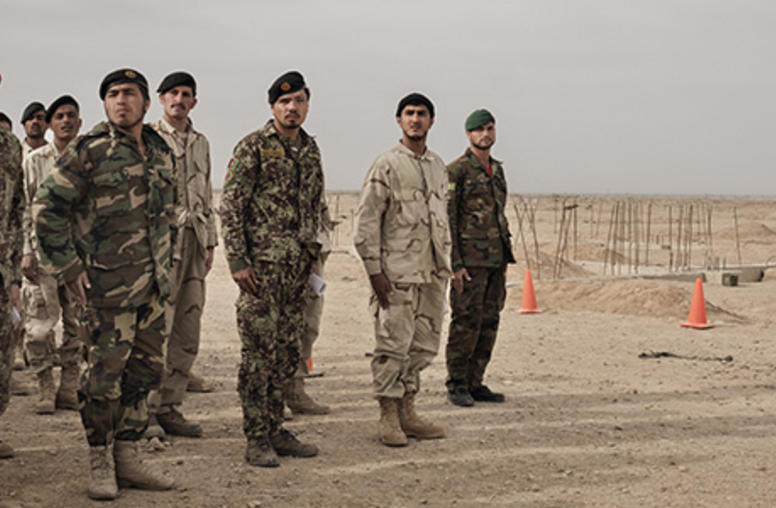
Q&A: Obama’s Troop Decision and Afghanistan’s Stability
Today, President Obama announced that he would extend the presence of roughly 8,400 U.S. troops in Afghanistan through the end of his term in January 2017, revising previous plans to cut force levels to around 5,500 soldiers at the end of the year. Afghanistan will be among the top issues for the NATO Summit of leaders in Warsaw, taking place later this week on July 8-9. USIP Vice President for Asia Programs Andrew Wilder, who recently returned from Afghanistan, discusses the issue of troop n...
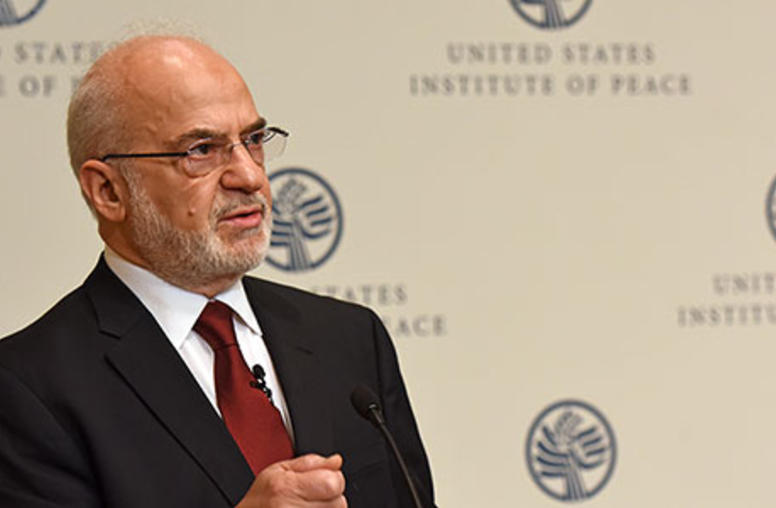
Iraqi Foreign Minister Appeals for Post-ISIS Aid
Iraqi Foreign Minister Ibrahim al-Jaafari and U.S. envoy Brett McGurk today emphasized the urgency of planning and financing Iraq’s recovery from the ISIS onslaught as areas the extremist group had controlled are recaptured more quickly than expected. The two spoke at the U.S. Institute of Peace in advance of an international conference of donors to Iraq convening in Washington tomorrow and a meeting the following day of the global coalition backing the fight.
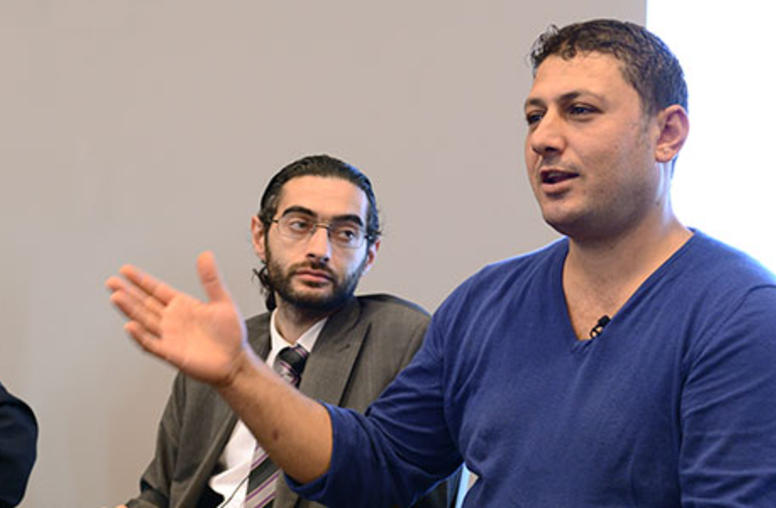
Syrian Rescuer, Killed in Airstrike, Felt the Danger
Khaled Harah, a volunteer with Syria’s Civil Defense Force, or “White Helmets,” died in an airstrike in Aleppo last week as he worked to rescue survivors amid the debris of an aerial bombing. In 2014 at USIP, Harah and some of his colleagues described that rescue work, which had brought them to world attention.
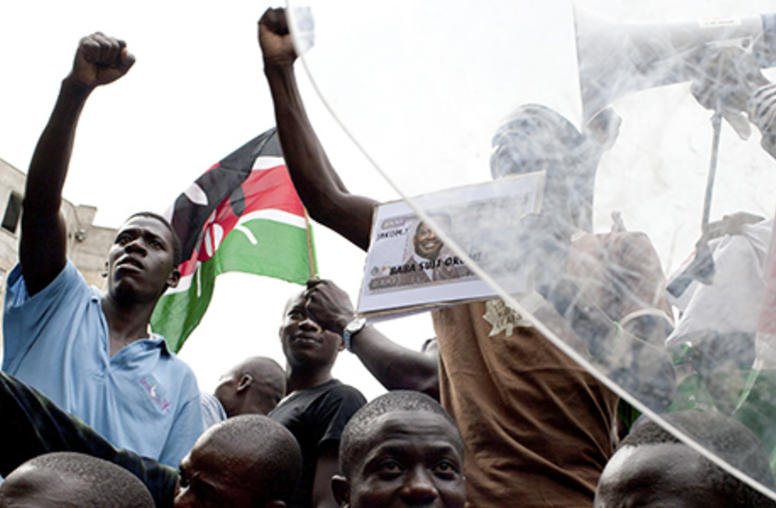
Q&A: Amid Kerry Visit, Kenya Braces for 2017 Elections
Kenyan President Uhuru Kenyatta’s first four years in office expire next year and he has announced he’s going to run for a second term in elections scheduled for August 2017. But the competition for power already is heating up.
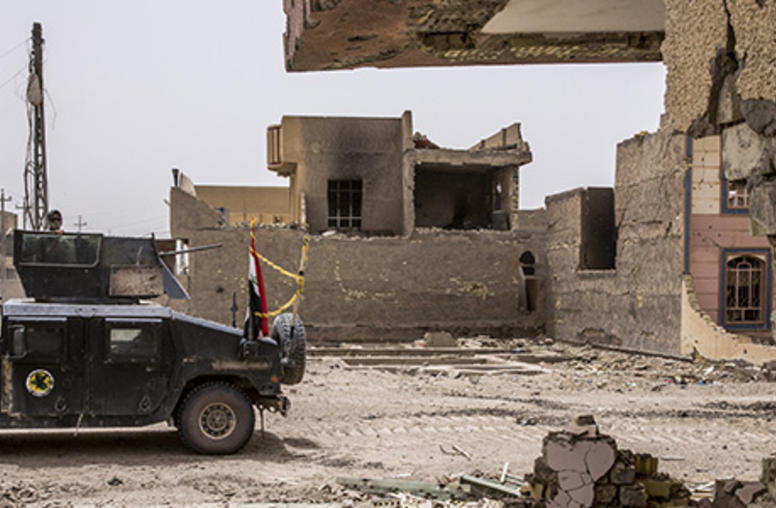
Iraq’s Executions: Aftershock of ISIS’ Deadliest Atrocity
Iraq’s execution yesterday of 36 men whom it accused of committing the deadliest single atrocity by the Islamic State group underscores that any stabilization of Iraq will require international support to strengthen the country’s overburdened judicial system, according to USIP Iraq specialist Sarhang Hamasaeed. Iraq’s government came under intense pressure from the country’s Shia Muslim majority population, and from the Shia “Popular Mobilization Forces,” or pro-government militias, to conduc...
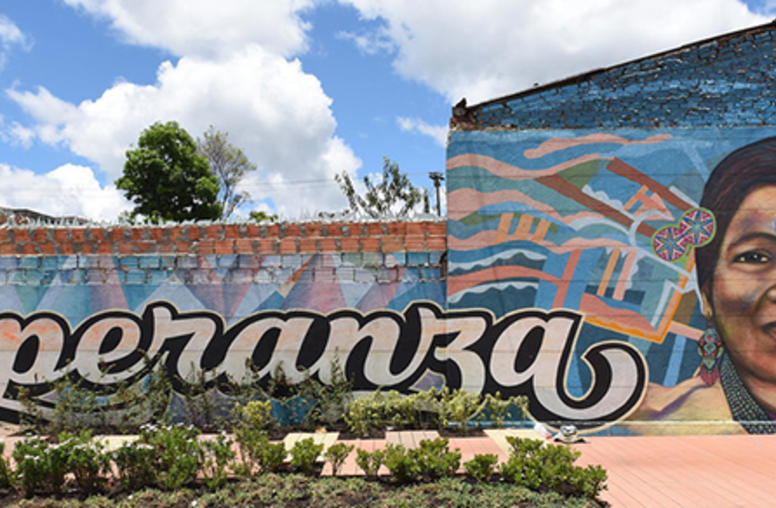
Q&A: Colombia Peace Deal Announced — What’s Next?
After 52 years of armed conflict, the Colombian government and the country’s oldest rebel group, the Revolutionary Armed Forces of Colombia (FARC-EP), announced a final agreement last night aimed at ending one of the world’s longest-lasting insurgencies. The U.S. Institute of Peace’s Virginia M. “Ginny” Bouvier, who has studied the peace process from the outset and advised Colombian government officials, civil society and others promoting a political solution to the conflict, comments on the ...
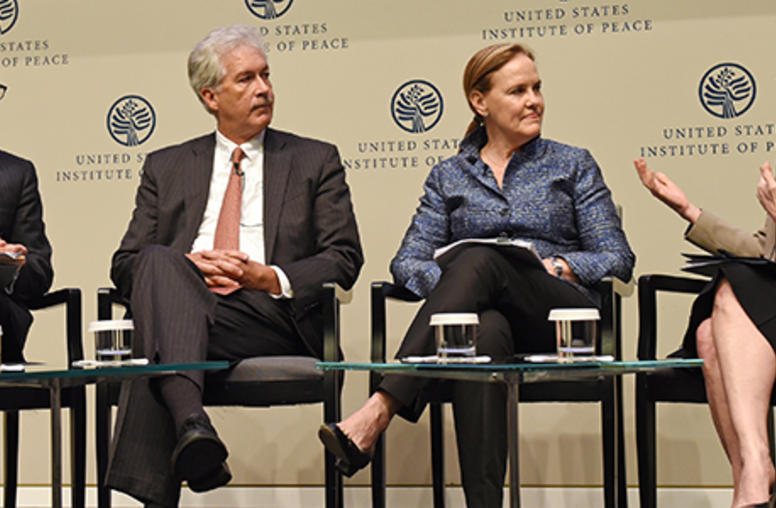
Burns, Flournoy, Lindborg Press Urgency of Fragile States
Three former high-ranking officials in the State Department, the Pentagon and the U.S. Agency for International Development (USAID) urged the next presidential administration to commit more attention and resources to preventing the kinds of violent conflicts that are roiling the Middle East and other regions today and spilling over into neighboring countries, Europe and the United States. Former Deputy Secretary of State Bill Burns, Under Secretary of Defense Michele Flournoy and USAID Assist...
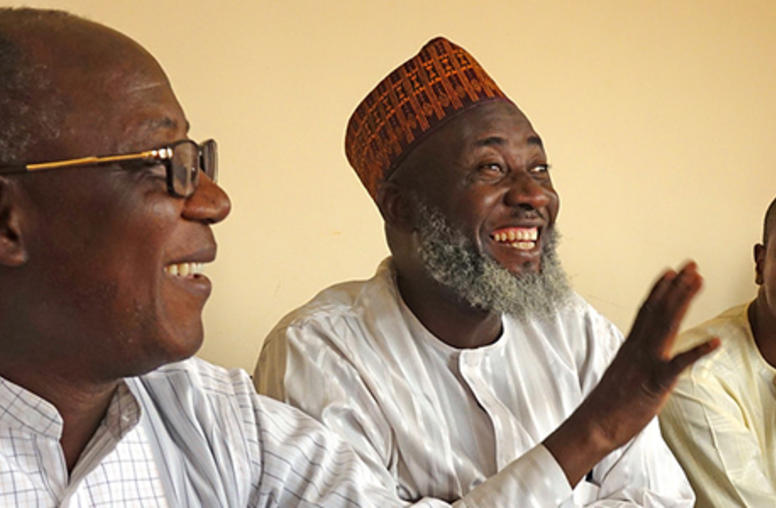
Nigeria’s Powerful Governors Eye Roots of Boko Haram
Governors from northern Nigeria, where the U.S. military is helping quell the Boko Haram militant group, will convene at the U.S. Institute of Peace for the second time this October to agree on civilian actions they can take to address the root causes of violent extremism and help ensure that efforts to stabilize this vital region will stick. Former U.S. Assistant Secretary of State Johnnie Carson, a USIP senior advisor helping organize the gathering, said Nigerian governors are some of the m...